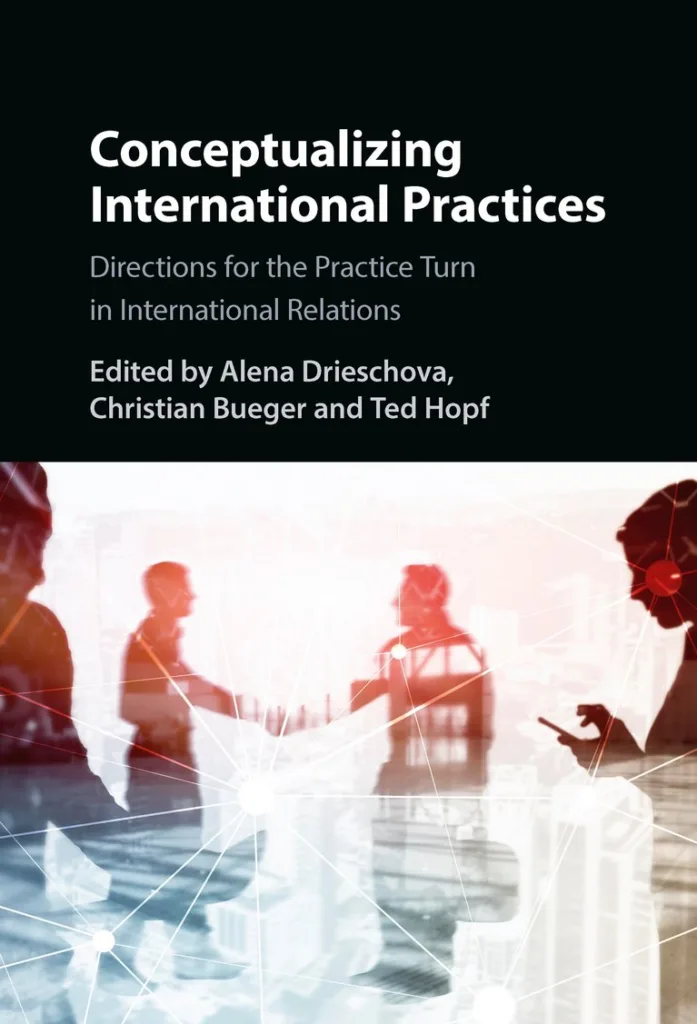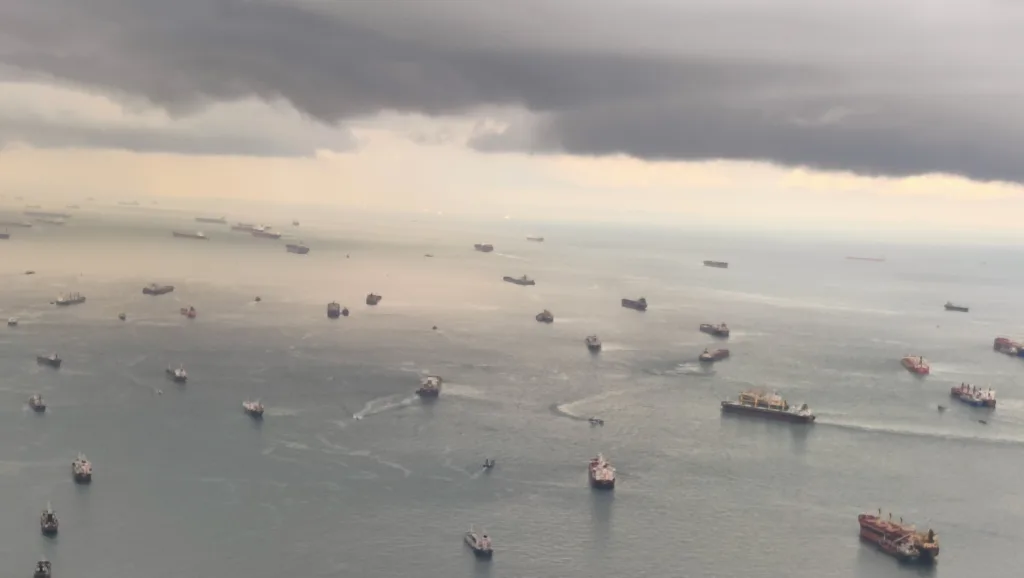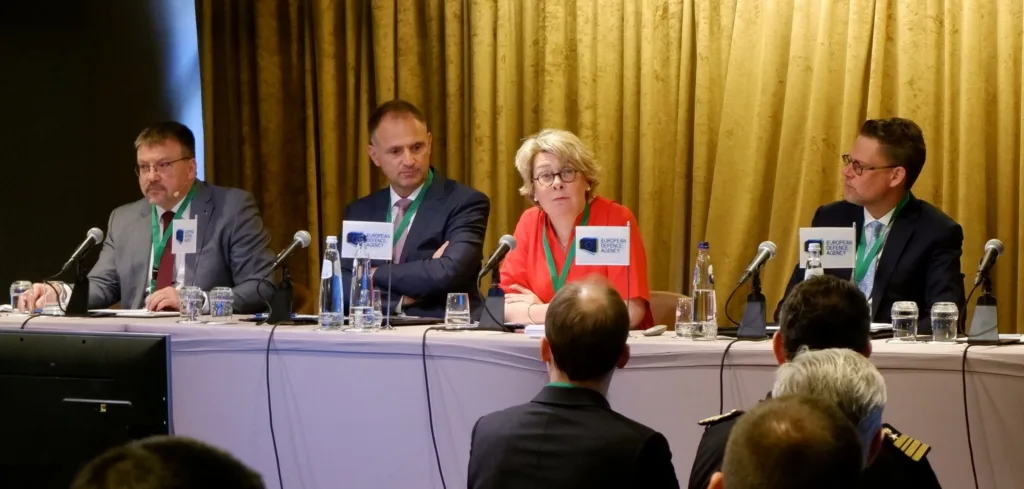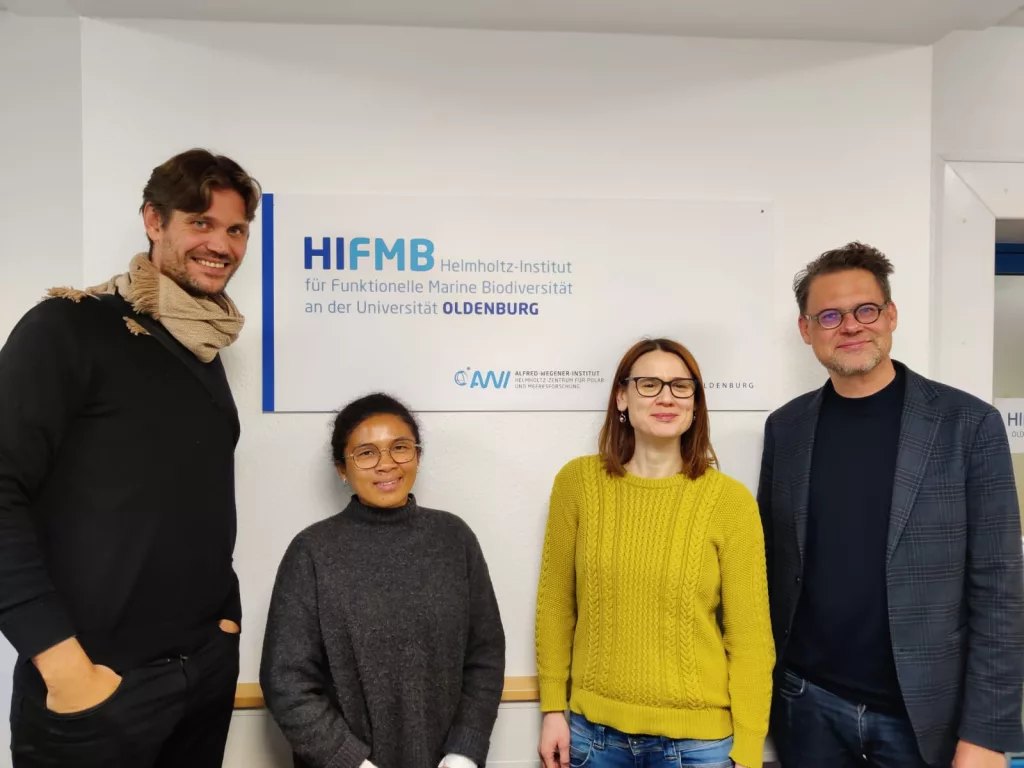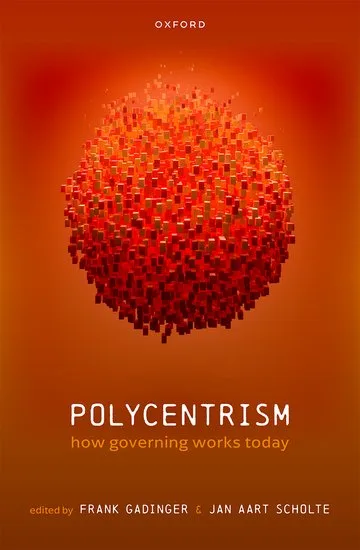
In a new book chapter that came out today, Tobias Liebetrau and I show how one can use assemblage theory to understand complex polycentric governance processes. The chapter provides an easily accessible introduction to assemblage thinking and shows it can be used as an analytical framework. We discuss empirical examples from maritime security and cyber security that show how we can better understood governance tools, such as best practices and public-private partnerships.
The chapter is part of a volume, edited by Frank Gadinger and Jan Aart Scholte which provides a concise introduction of different theoretical approaches to polycentric governance. It is published with Oxford University Press and available for free here.
